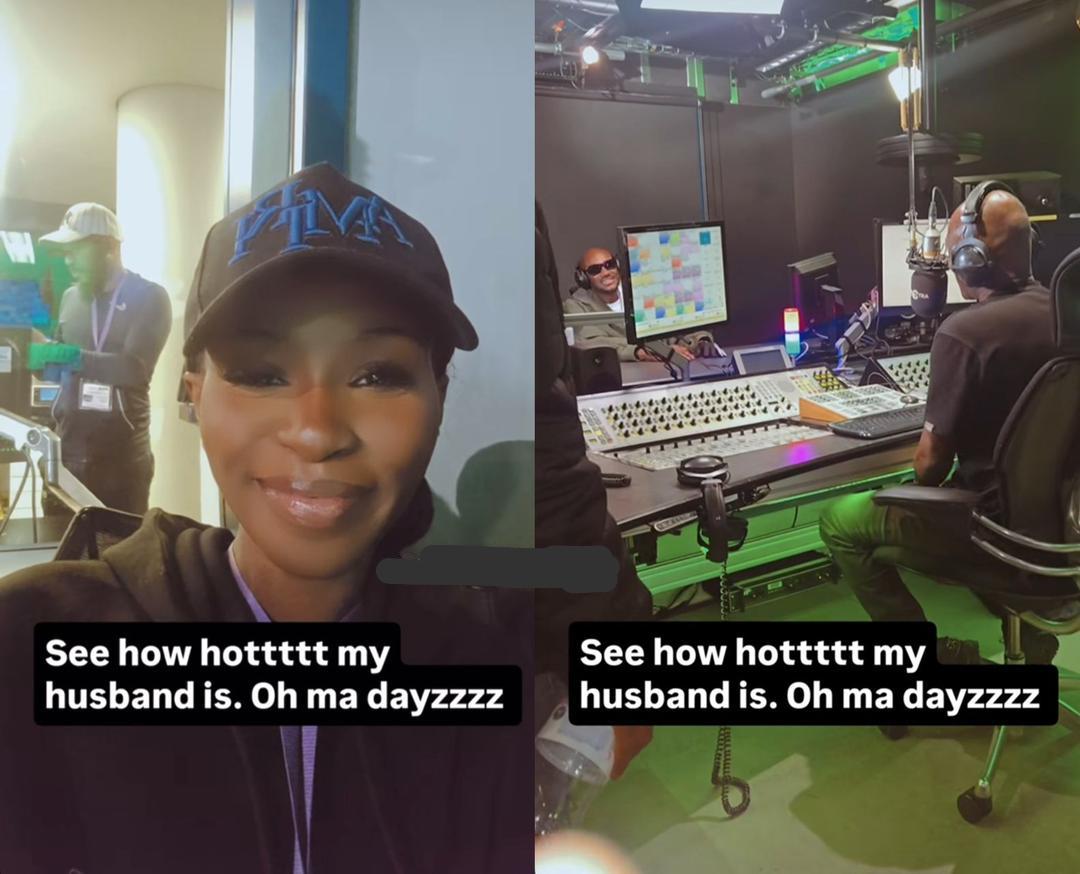
‘Transfer It to Your Sporty?’: Nasboi’s Shocking Encounter Sums Up Nigeria’s Policing Woes

Popular content creator and comedian Nasboi, known for his humorous skits and sharp commentary on Nigerian society, recently took to social media to share a deeply troubling experience with the Nigeria Police that has sparked outrage and reflection across the country. In a brief yet jarring tweet, Nasboi—whose real name is Lawal Michael Nasiru Bolaji—recounted an encounter that has since become a glaring symbol of the everyday reality faced by countless Nigerians when dealing with law enforcement.
“The hc!l is wrong with Nigeria police? What? Ino get cash to give you, you say make I transfer to your sporty,” Nasboi tweeted. The statement, filled with a mix of disbelief and frustration, quickly caught the attention of fans and followers alike, with many resonating with the sentiment and sharing their own similar experiences. The phrase “transfer to your sporty” alludes to a police officer allegedly asking him to send a bribe directly to a SportyBet account—an online sports betting platform popular in Nigeria.
While the tweet was characteristically short and laced with informal language, its implications were anything but lighthearted. Nasboi's encounter sheds light once again on the pervasive issue of police corruption and harassment in Nigeria, a country where interactions with the police often veer dangerously close to extortion and abuse of power. That a police officer could allegedly suggest a mobile money transfer to a betting account is not just alarming—it speaks to the creativity with which corruption continues to evolve in the face of growing cashless policies.
Reactions to the tweet came swiftly, with thousands of users expressing solidarity, anger, and exhaustion. For many, the tweet was more than just a celebrity venting—it was a confirmation of the rot that has festered in Nigeria’s policing system for decades. Social media platforms became a sounding board for citizens who have, time and time again, been extorted, threatened, or humiliated by those sworn to protect them.
In a country still grappling with the aftermath of the #EndSARS movement, Nasboi’s tweet has reopened wounds that had barely begun to heal. The 2020 protests against police brutality, sparked by repeated abuses by the now-disbanded Special Anti-Robbery Squad (SARS), led to weeks of demonstrations and calls for widespread reform. But years later, despite official disbandment and promises of change, many Nigerians feel the systemic issues have not only persisted but mutated.
Nasboi’s experience is emblematic of this evolution. Gone are the days when officers only demanded cash on the spot. Now, as the country leans further into digital payments and online banking, some corrupt officers appear to have adapted accordingly, asking for transfers, POS payments, and in this case, payments to personal betting accounts. The demand to “transfer to your sporty” is both surreal and terrifying—a moment that illustrates just how normalized bribery and misconduct have become.
There is also a layered irony in this story. Nasboi, a satirical voice who often uses his platform to spotlight social and political dysfunction, found himself not just an observer but a direct victim of the very corruption he often mocks. This intersection of celebrity and citizenry brings renewed urgency to the conversation: if someone with a significant public platform can be treated this way, what hope remains for the everyday Nigerian?
The Nigeria Police Force, for its part, has yet to publicly respond to Nasboi’s allegations. As with many such reports, the burden of proof often falls on the victim, and accountability remains elusive. Despite numerous cases and a national outcry, internal discipline within the force is rarely transparent, and officers implicated in misconduct are seldom held to account in a manner that restores public trust.
This lack of accountability fuels a cycle of impunity. For the average officer on the street, especially in regions where salaries are delayed or insufficient, bribes become not just a temptation but a perceived necessity. However, while low wages are often cited as a contributing factor, they do not excuse the normalized culture of exploitation that targets the very citizens officers are meant to serve.
Meanwhile, Nigeria’s youth—the demographic most frequently targeted by these abuses—continue to live in a constant state of hyper-vigilance. Tech professionals, creatives, and anyone carrying a laptop or smartphone are often profiled as fraudsters and subjected to roadside interrogations, illegal searches, and financial demands. Nasboi’s experience, though specific in its detail, echoes the broader national anxiety: that one's freedom, dignity, and safety can be casually negotiated by someone in uniform.
What makes the situation even more disheartening is the seeming lack of political will to address it decisively. Promises of police reform are often recycled talking points during election seasons, only to fade away once votes have been counted. Committees are set up, reports are filed, and yet the rank-and-file officer with unchecked power continues to operate with little fear of consequence.
Nasboi’s tweet, raw and unfiltered, has inadvertently reignited a conversation that cannot be allowed to dim again. His experience is not just content for a viral moment—it is a wake-up call that the work of reform is far from over. If we are to take his words seriously, then the reaction must go beyond outrage. It must inspire concrete action, from both the public and the government, to hold institutions accountable and demand better from those in power.
Until that happens, stories like Nasboi’s will remain tragically common. And the phrase “transfer to your sporty” may become just another sad punchline in the long, painful joke that is policing in Nigeria.


